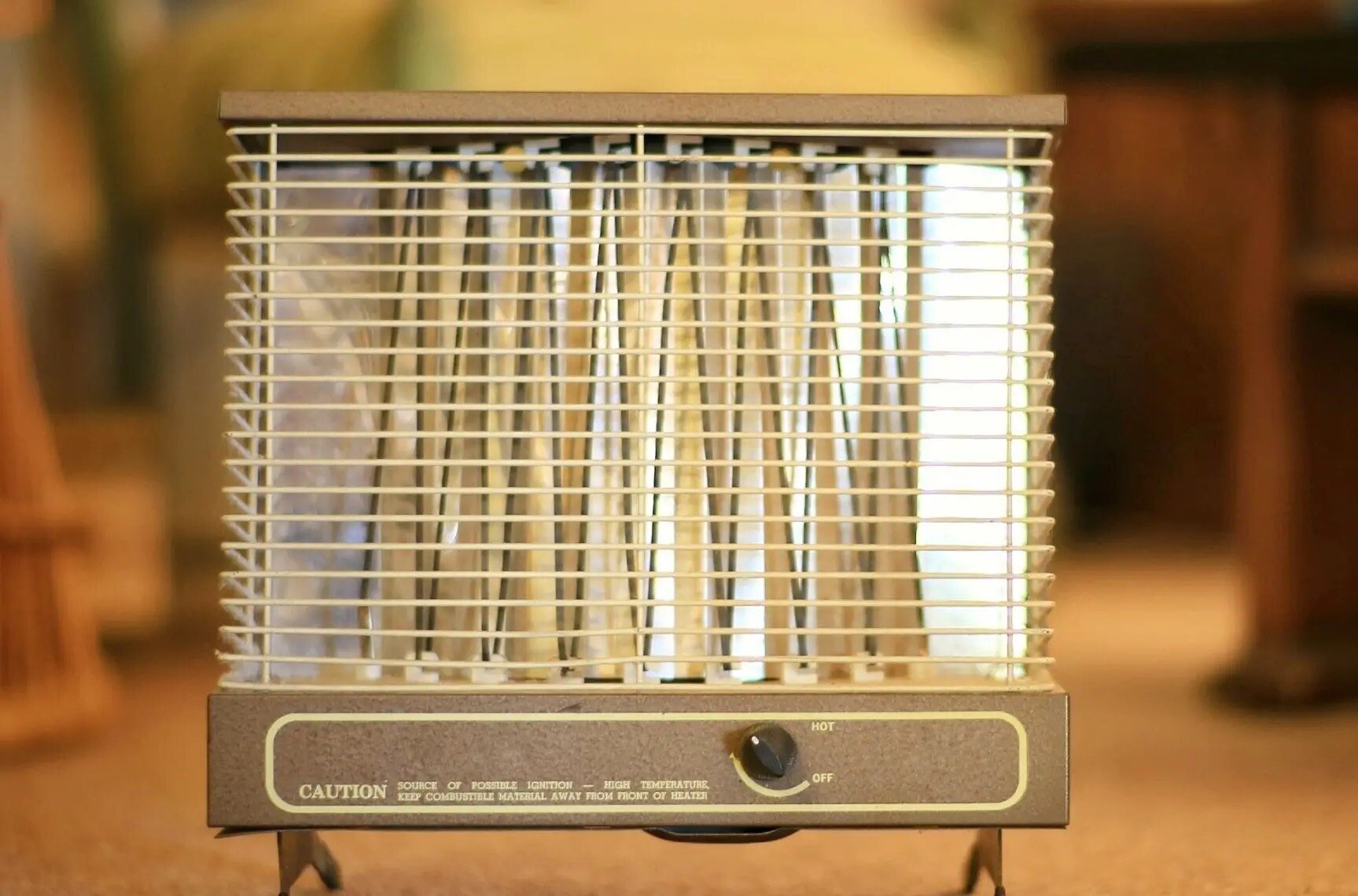

Articles
Why Does My Space Heater Smell Burnt
Modified: August 26, 2024
Get answers to why your space heater smells burnt with our informative articles. Stay safe and learn how to fix the issue.
(Many of the links in this article redirect to a specific reviewed product. Your purchase of these products through affiliate links helps to generate commission for Storables.com, at no extra cost. Learn more)
Introduction
Space heaters are a popular choice for keeping us warm and cozy during the chilly winter months. These portable devices offer a convenient way to add supplemental heat to specific areas of our homes or offices. However, if you’ve ever noticed a burnt smell coming from your space heater, it can be a cause for concern and may leave you wondering why this is happening.
In this article, we will delve into the common causes of burnt smells in space heaters and explore ways to prevent them. By understanding the potential issues at hand and implementing proper maintenance practices, you can ensure the longevity and safe operation of your space heater.
Key Takeaways:
- Regular maintenance and cleaning of space heaters are crucial to prevent burnt smells caused by dust and debris accumulation, overheating of internal components, damaged heating elements, and electrical issues.
- Ensuring proper ventilation and following manufacturer’s guidelines for maintenance can minimize the risk of encountering burnt smells in space heaters, promoting safe and efficient operation.
Read more: Why Does My Washer Smell Burnt
Understanding Space Heaters
Before we dive into the causes of burnt smells in space heaters, it’s essential to have a basic understanding of how these devices work. Space heaters are designed to generate heat and warm up a specific area, such as a room or office space. They come in various types, including electric, propane, kerosene, and ceramic heaters.
Electric space heaters are the most common type and operate by converting electrical
energy into heat. They typically consist of heating elements, a thermostat, a fan, and
safety features such as overheat protection and tip-over switches. When you turn on an
electric space heater, the heating elements begin to warm up, and the fan circulates the
hot air, providing warmth to the surrounding area.
Propane and kerosene space heaters, on the other hand, rely on combustion to generate
heat. They burn fuel, such as propane or kerosene, to produce a flame, which in turn
heats up the surrounding air. These types of heaters require proper venting to prevent
the build-up of harmful gases like carbon monoxide.
Ceramic space heaters use ceramic plates or coils that heat up when electricity passes
through them. The heated ceramic, in turn, radiates heat into the surrounding area. They
are known for their energy efficiency and safety features like tip-over switches.
Now that we have a basic understanding of space heaters, let’s move on to exploring the
common causes of burnt smells that may arise from these devices.
Common Causes of Burnt Smell in Space Heaters
If you detect a burnt smell coming from your space heater, it is crucial to identify the underlying cause promptly. Here are some common reasons why space heaters may emit a burnt odor:
- Dust and debris accumulation: Over time, dust, lint, and other debris can accumulate on the heating elements or gather inside the heater. When the heater is turned on, these particles can burn, resulting in a noticeable burnt smell.
- Overheating of internal components: Space heaters are designed with protective mechanisms, such as temperature sensors, to prevent overheating. However, if these sensors fail or if the heater is blocked or covered, it can cause the internal components to overheat. This overheating can lead to burning smells.
- Damaged heating elements: The heating elements in space heaters can wear out or become damaged over time. When they malfunction or develop hot spots, they can generate a burnt smell. This is especially true for older or improperly maintained heaters.
- Electrical issues: Faulty wiring, loose connections, or electrical malfunctions can cause overheating in the electrical components of the space heater. This can result in burning smells and potential fire hazards. It is crucial to address electrical issues promptly to ensure safety.
It is important to note that not all burnt smells from space heaters indicate a serious problem. Sometimes, the smell may be temporary and dissipate after the initial use. However, it is always a good idea to investigate the cause and take necessary precautions to prevent any potential hazards.
Dust and Debris Accumulation
One of the most common causes of a burnt smell in space heaters is the accumulation of dust and debris. Over time, dust particles, lint, pet hair, and other debris can settle on and around the heating elements or collect inside the heater. When the space heater is turned on, these particles can come into contact with the hot surfaces and burn, resulting in a noticeable burnt smell.
Dust and debris accumulation can occur in various parts of the space heater, including the heating elements, fan blades, and vents. The burning smell is often more pronounced when you first start up the space heater after a period of inactivity. The heat generated by the heater can cause the accumulated dust to burn off, emitting a pungent odor.
To prevent dust and debris accumulation, regular cleaning and maintenance of your space heater are essential. Here are some steps you can take to keep your heater free from dust and debris:
- Clean the heating elements: Before cleaning the heating elements, ensure that the space heater is turned off and unplugged. Use a soft, dry cloth or a small brush to gently remove any visible dust or debris from the heating elements. Avoid using water or cleaning agents directly on the heating elements as this can damage them.
- Clean the fan blades: Dust can accumulate on the fan blades, reducing their efficiency and causing a burnt smell. Use a clean, dry cloth or a small brush to gently wipe away any dust or debris from the fan blades. Be careful not to bend or damage the blades during the cleaning process.
- Clean the vents: Dust and lint can also accumulate in the vents of the space heater, blocking airflow and causing overheating. Use a vacuum cleaner with a brush attachment or a can of compressed air to remove any debris or blockages from the vents. Make sure to hold the vacuum or compressed air nozzle a few inches away from the vents to avoid damaging the unit.
Regular cleaning of your space heater will not only help prevent the burnt smell caused by dust and debris accumulation but also improve its overall performance and efficiency. It is recommended to perform this cleaning routine at least once a month, or more frequently if you notice excessive dust accumulation.
Overheating of Internal Components
Another common cause of a burnt smell in space heaters is the overheating of internal components. Space heaters are equipped with safety features, such as temperature sensors, to prevent overheating and potential fire hazards. However, if these safety mechanisms fail or if the heater is obstructed or covered, it can lead to excessive heat buildup within the unit.
When internal components, such as wires, circuits, or motors, become overheated, they can emit a burnt odor. This can happen due to a variety of reasons, including:
- Blockage or obstruction: If the intake or exhaust vents of the space heater are blocked by objects or covered with dust and debris, it can restrict the airflow. This lack of proper ventilation can cause the internal components to overheat and result in a burnt smell.
- Faulty temperature sensors: Temperature sensors are designed to monitor and regulate the heater’s temperature. If the sensors become faulty or malfunction, they may not detect excessive heat accurately. This can lead to the heater continuing to generate heat beyond safe levels, resulting in overheating and a burnt smell.
- Overloading the heater: Using the space heater in an area larger than its recommended capacity or plugging in multiple high-energy appliances into the same circuit can cause excessive heat generation. This overload can strain the internal components and result in overheating and the associated burnt odor.
To prevent the overheating of internal components and the subsequent burnt smell, it is important to take the following precautions:
- Ensure proper ventilation: Make sure that the intake and exhaust vents of the space heater are clear from obstructions, dust, and debris. This will allow for proper airflow and prevent overheating.
- Follow usage guidelines: Use the space heater in accordance with the manufacturer’s instructions. Avoid overloading the heater or using it in a larger space than recommended. This will help prevent excessive heat buildup and potential damage to the internal components.
- Regularly inspect and maintain: Perform periodic checks on the space heater to ensure all components are functioning properly. Look for any signs of wear and tear, loose connections, or damaged wires. If you notice any issues, promptly address them or seek professional assistance.
By taking these preventive measures, you can minimize the risk of overheating in your space heater and avoid the unpleasant burnt smell associated with it.
Read more: Why Does My Air Conditioner Smell Burnt
Damaged Heating Elements
Damaged heating elements can be another cause of a burnt smell in space heaters. Heating elements are responsible for generating the heat that warms up the surrounding area. Over time, these elements can wear out, develop hot spots, or become damaged due to factors like age, excessive use, or neglect.
When heating elements malfunction or have hot spots, they can emit a distinct burnt smell. This smell may be more noticeable when the space heater is turned on or operating at higher temperatures. In some cases, you may also observe a discoloration or distortion of the heating element, indicating damage.
To prevent the burnt smell caused by damaged heating elements, it is important to take the following steps:
- Regular maintenance: Perform regular maintenance on your space heater, including inspecting the heating elements for signs of damage. Look for any discoloration, cracking, or distortion. If you notice any issues, it may be necessary to replace the heating element to ensure safe and efficient operation.
- Limit overuse: Excessive use of a space heater can accelerate the wear and tear on the heating elements. Avoid leaving the heater running continuously for extended periods. Instead, use it in moderation and consider using alternative heating sources when appropriate.
- Proper storage: When the space heater is not in use, store it in a clean, dry area away from dust and moisture. Avoid placing heavy objects on top of the heater, as this can potentially damage the heating elements.
If you detect a burnt smell from your space heater and suspect damaged heating elements, it is important to address the issue promptly. Continuing to use a space heater with damaged heating elements can pose a safety hazard and potentially result in further damage or malfunction.
In some cases, it may be necessary to consult a professional technician or the manufacturer for repairs or replacement of the heating elements. They can provide expert guidance and ensure that the space heater operates safely and efficiently.
If your space heater smells burnt, unplug it immediately and inspect for any visible damage or debris. It could be a sign of a malfunction or overheating, so it’s best to have it checked by a professional before using it again.
Electrical Issues
Electrical issues can be a significant cause of a burnt smell in space heaters. Faulty wiring, loose connections, or electrical malfunctions can lead to overheating in the electrical components of the heater. This excessive heat can result in a distinct burnt odor and may pose a serious fire hazard if left unaddressed.
Here are some common electrical issues that can cause a burnt smell in space heaters:
- Faulty wiring: Over time, the electrical wiring inside the space heater may become worn out, frayed, or damaged. This can lead to a short circuit or create resistive heating in the wires, causing them to heat up and emit a burnt smell.
- Loose connections: Loose connections within the space heater’s electrical system can create resistance and generate heat. This can lead to overheating of the components and produce a burning odor. Loose connections can occur due to improper handling, vibrations, or repeated plugging and unplugging of the device.
- Electrical malfunctions: Space heaters, like any electrical device, can experience malfunctions in their electrical components, such as capacitors, relays, or transformers. These malfunctions can cause abnormal heating and generate a burning smell.
If you suspect electrical issues are the cause of the burnt smell in your space heater, it is crucial to take immediate action for your safety. Here are some steps you can take:
- Turn off and unplug the heater: If you detect a burning smell, switch off and unplug the space heater from the power source to prevent any potential electrical hazards or fires.
- Inspect the power cord: Examine the power cord for any visible damage, including fraying, exposed wires, or melted insulation. If you observe any issues, do not use the space heater until the power cord has been replaced or repaired by a professional.
- Consult a professional: It is recommended to contact a qualified technician or the manufacturer’s customer service if you suspect electrical issues. They can perform a thorough inspection, diagnose the problem, and carry out any necessary repairs or replacements to ensure the safe use of the space heater.
Remember, electrical issues should always be taken seriously, as they can pose hazards not only to your space heater but also to your entire home or office. Taking prompt action and seeking professional assistance is crucial to prevent any potential accidents or further damages.
Importance of Regular Maintenance
Regular maintenance is essential for the proper functioning and longevity of space heaters. By implementing a routine maintenance schedule, you can ensure that your heater operates efficiently, minimizes the risk of malfunctions, and reduces the chance of encountering a burnt smell. Here are a few key reasons why regular maintenance is important:
- Prolongs the lifespan: Regular maintenance helps extend the lifespan of your space heater. By keeping the various components clean, addressing any potential issues promptly, and ensuring that the heater is in good working condition, you can maximize its longevity and get the most out of your investment.
- Ensures safe operation: Safety should always be a top priority when it comes to space heaters. Routine maintenance allows you to identify and fix any potential safety hazards before they escalate. It helps prevent overheating, electrical malfunctions, and other issues that can lead to fires or injuries.
- Optimizes energy efficiency: A well-maintained space heater operates more efficiently, which can lead to energy savings. When the heating elements are clean, the fan is functioning properly, and no components are malfunctioning, the heater can generate and distribute heat more efficiently, resulting in reduced energy consumption and lower utility bills.
- Improves indoor air quality: Dust and debris can accumulate in space heaters, affecting indoor air quality. Regular maintenance involves cleaning and removing any build-up of dust, lint, or allergens. This helps improve the air quality in your living or working space, reducing the risk of respiratory issues or allergies.
It is recommended to follow these maintenance practices for your space heater:
- Read and follow the manufacturer’s instructions for maintenance guidelines specific to your space heater model.
- Clean or replace the filters regularly to ensure proper airflow and prevent the build-up of dust and debris.
- Inspect the heating elements, fan blades, and vents for any signs of damage or blockages. Clean them if necessary.
- Check the power cord, plug, and electrical connections for any visible issues. If you notice any problems, have them addressed by a professional.
- Store the space heater properly during periods of non-use to prevent dust accumulation and damage.
By incorporating routine maintenance into your household or office maintenance routine, you can enjoy the benefits of a well-functioning, safe, and energy-efficient space heater.
How to Prevent Burnt Smells in Space Heaters
Preventing burnt smells in space heaters is crucial for ensuring their safe and efficient operation. By following a few simple steps and implementing regular maintenance practices, you can minimize the risk of encountering a burnt odor. Here are some effective ways to prevent burnt smells in space heaters:
- Cleaning and servicing your space heater: Regularly cleaning your space heater is essential for removing dust, lint, and other debris that can accumulate on heating elements and inside the unit. Follow the manufacturer’s instructions for proper cleaning methods and frequency. Additionally, consider scheduling professional servicing annually to ensure all components are in good working condition.
- Ensuring proper ventilation: Adequate ventilation is crucial for preventing overheating and burnt smells. Make sure the intake and exhaust vents are free from blockages and obstructions. Keep the space heater at least three feet away from walls, furniture, and other objects that may hinder proper airflow.
- Avoiding flammable materials: Keep flammable materials, such as curtains, paper, and clothing, away from your space heater. Maintain a safe distance to prevent accidental contact and minimize the risk of fire hazards. Always adhere to the recommended clearances provided by the manufacturer.
- Using the appropriate power source: Ensure that your space heater is plugged into a properly grounded outlet that can handle the electrical load. Avoid using extension cords or power strips, as they may not be rated for the wattage of the heater. Using the correct power source reduces the risk of electrical issues that can lead to burnt smells.
- Monitoring usage: Avoid leaving your space heater unattended for long periods. Turn off the heater when you leave the room or when you go to bed. Use the built-in timers and programmable features if available to control the operating duration of the heater. This prevents overheating and reduces the chances of encountering a burnt smell due to excessive use.
By incorporating these preventive measures into your space heater usage, you can enjoy a comfortable and worry-free warmth without any unpleasant burnt smells. Remember, if you encounter persistent burnt smells or any other concerning issues, it is always advisable to stop using the space heater immediately and seek professional assistance to ensure your safety.
Read more: Why Is My Space Heater Crackling?
Cleaning and Servicing Your Space Heater
Cleaning and servicing your space heater regularly is essential for maintaining its performance, efficiency, and safety. By following a proper cleaning routine and scheduling periodic servicing, you can prevent the build-up of dust, debris, and potential issues that can lead to burnt smells. Here are some steps to effectively clean and service your space heater:
- Read the manufacturer’s instructions: Start by familiarizing yourself with the manufacturer’s guidelines for cleaning and servicing your specific space heater model. Each heater may have unique features or components that require specific attention or cleaning methods.
- Turn off and unplug the heater: Before you begin any cleaning or servicing, always ensure that the space heater is turned off and unplugged from the power source. This prevents any electrical hazards and ensures your safety during the process.
- Clean the exterior: Wipe the exterior surfaces of the space heater with a soft, dry cloth to remove any dust, dirt, or smudges. For stubborn stains, you can use a mild soap and water solution, but avoid getting any water inside the unit.
- Clean the heating elements: Dust and debris can accumulate on the heating elements, affecting their efficiency and potentially causing a burnt smell. Consult the manufacturer’s instructions for specific recommendations on cleaning the heating elements. Generally, a soft brush or cloth can be used to gently remove any visible dust or debris. Avoid direct contact with the elements to prevent damage.
- Clean the fan and vents: The fan and vents can also accumulate dust, reducing the airflow and causing overheating. Use a soft brush or vacuum cleaner with a brush attachment to remove any dust or debris from the fan blades and vents. Make sure to clean both the intake and exhaust vents for proper ventilation.
- Inspect the power cord and connections: Check the power cord for any signs of wear, fraying, or damage. Also, inspect the plug and connections for any loose or exposed wires. If you notice any issues, it is important to have them repaired or replaced by a professional technician.
- Schedule professional servicing: In addition to regular cleaning, it is recommended to schedule professional servicing for your space heater at least once a year. A professional technician can inspect and clean the internal components, test the safety features, and address any potential issues that may not be visible to the user.
By following these cleaning and servicing practices, you can ensure that your space heater operates efficiently, reduces the risk of burnt smells, and maintains its safety features. Remember to always refer to the manufacturer’s instructions and consult a professional if you have any concerns or encounter persistent issues with your space heater.
Ensuring Proper Ventilation
Proper ventilation is critical for the safe and efficient operation of your space heater. Without adequate airflow, issues such as overheating and burnt smells can occur. Here are some essential steps to ensure proper ventilation for your space heater:
- Clear the intake and exhaust vents: Regularly inspect the intake and exhaust vents of your space heater to ensure they are free from any obstructions or blockages. Dust, pet hair, and debris can accumulate over time, restricting airflow and causing the heater to overheat. Use a soft, dry brush or a vacuum cleaner with a brush attachment to gently remove any visible dirt or debris.
- Keep a safe distance: Maintain the recommended clearance between the space heater and any surrounding objects. This typically includes furniture, curtains, walls, and other combustible materials. The clearance allows for proper air circulation and prevents potential fire hazards. Refer to the manufacturer’s instructions for specific clearance requirements for your space heater model.
- Avoid covering the heater: Never cover the space heater or place objects on top of it. covering the heater obstructs airflow and can cause the internal components to overheat, leading to burnt smells or even fires. The vents and surfaces of the heater should always remain open and unobstructed.
- Do not use in confined spaces: Space heaters are designed to heat specific areas, and they require adequate ventilation to operate safely. Avoid using a space heater in small, enclosed spaces that lack proper airflow, such as closets or tight corners. This can lead to the build-up of heat, which can potentially damage the heater or cause safety hazards.
- Consider using a fan: If the room or area where the space heater is located lacks good air circulation, consider using a fan to help distribute the warm air more evenly. A fan can assist in moving the heated air throughout the space and prevent stagnant pockets of air from developing.
- Regularly check for signs of overheating: Keep an eye out for signs of overheating, such as unusual smells, excessive heat radiating from the heater, or the automatic shut-off feature frequently activating. Any of these signs may indicate poor ventilation or other issues with the heater. If you notice such signs, discontinue use and address the problem immediately.
Proper ventilation is crucial for the safe and effective operation of your space heater. By ensuring good airflow and following these ventilation guidelines, you can prevent overheating, reduce the risk of burnt smells, and maintain a safe environment in your home or office.
Conclusion
Space heaters can be a wonderful asset during colder months, providing warmth and comfort in specific areas of your home or office. However, it is important to be aware of the potential causes of burnt smells in these devices and take necessary measures to prevent them.
In this article, we explored the common causes of burnt smells in space heaters, including dust and debris accumulation, overheating of internal components, damaged heating elements, and electrical issues. We also discussed the importance of regular maintenance, including cleaning and servicing your space heater, to ensure its optimal performance and safety.
By incorporating routine cleaning practices and following manufacturer’s guidelines for maintenance, you can prevent the accumulation of dust and debris, which can cause a burnt smell. Additionally, ensuring proper ventilation, maintaining the integrity of heating elements, and addressing electrical issues promptly can greatly reduce the risk of encountering a burnt smell in your space heater.
Remember, your safety is of paramount importance. Should you encounter persistent burnt smells or other concerning issues with your space heater, always exercise caution and seek professional assistance as needed. Following the recommended preventive measures will help you enjoy the warmth and comfort provided by your space heater without any unwelcome odors or safety concerns.
Take the necessary steps to keep your space heater clean, well-maintained, and properly ventilated, and you’ll be able to enjoy cozy and worry-free warmth throughout the colder seasons.
Frequently Asked Questions about Why Does My Space Heater Smell Burnt
Was this page helpful?
At Storables.com, we guarantee accurate and reliable information. Our content, validated by Expert Board Contributors, is crafted following stringent Editorial Policies. We're committed to providing you with well-researched, expert-backed insights for all your informational needs.

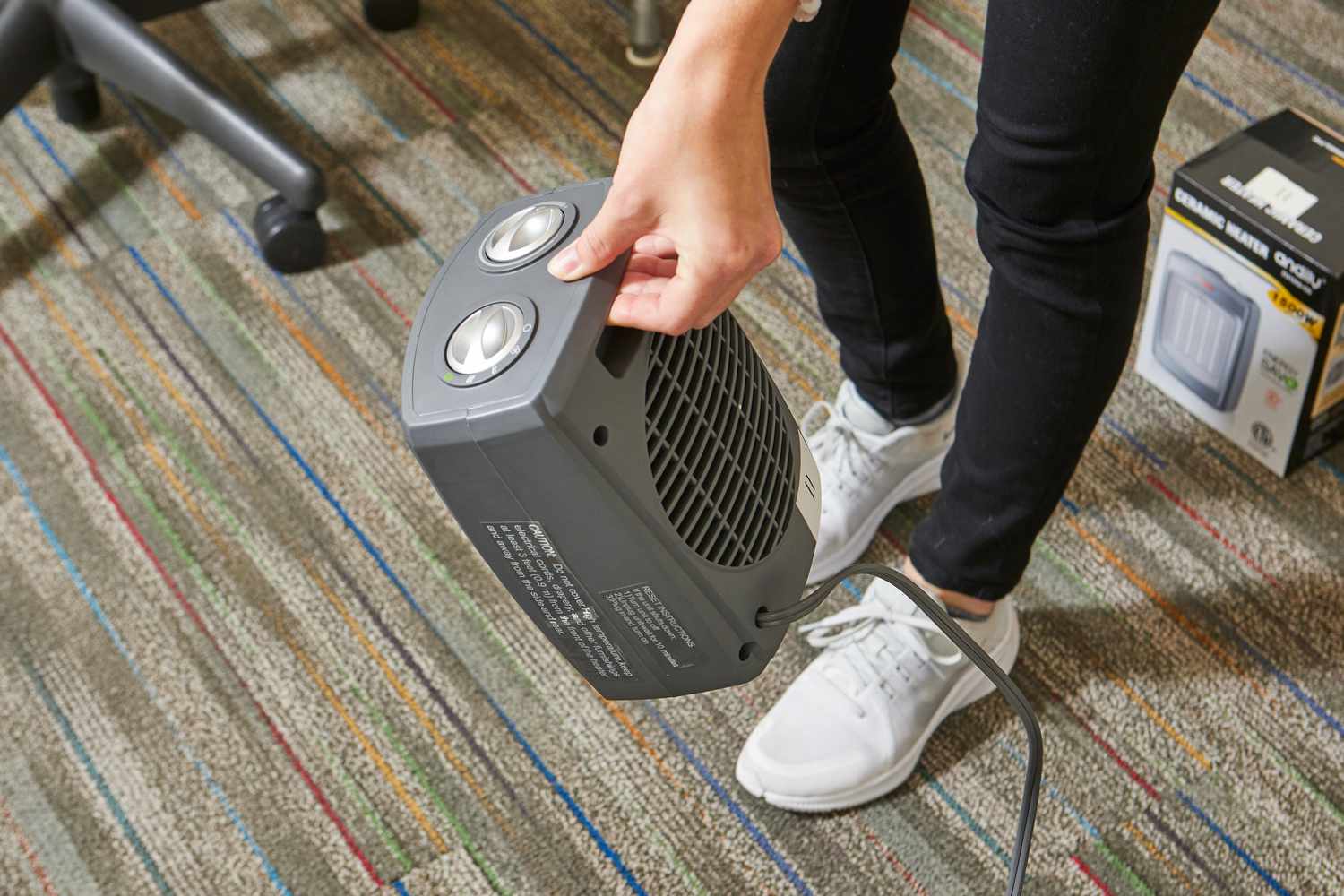
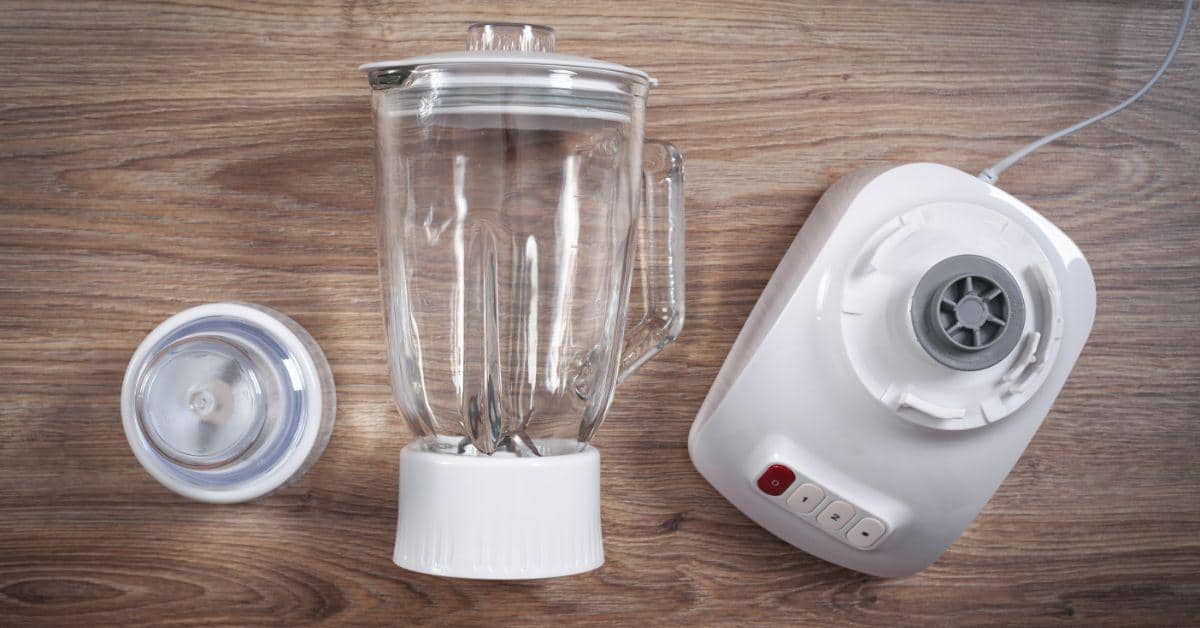
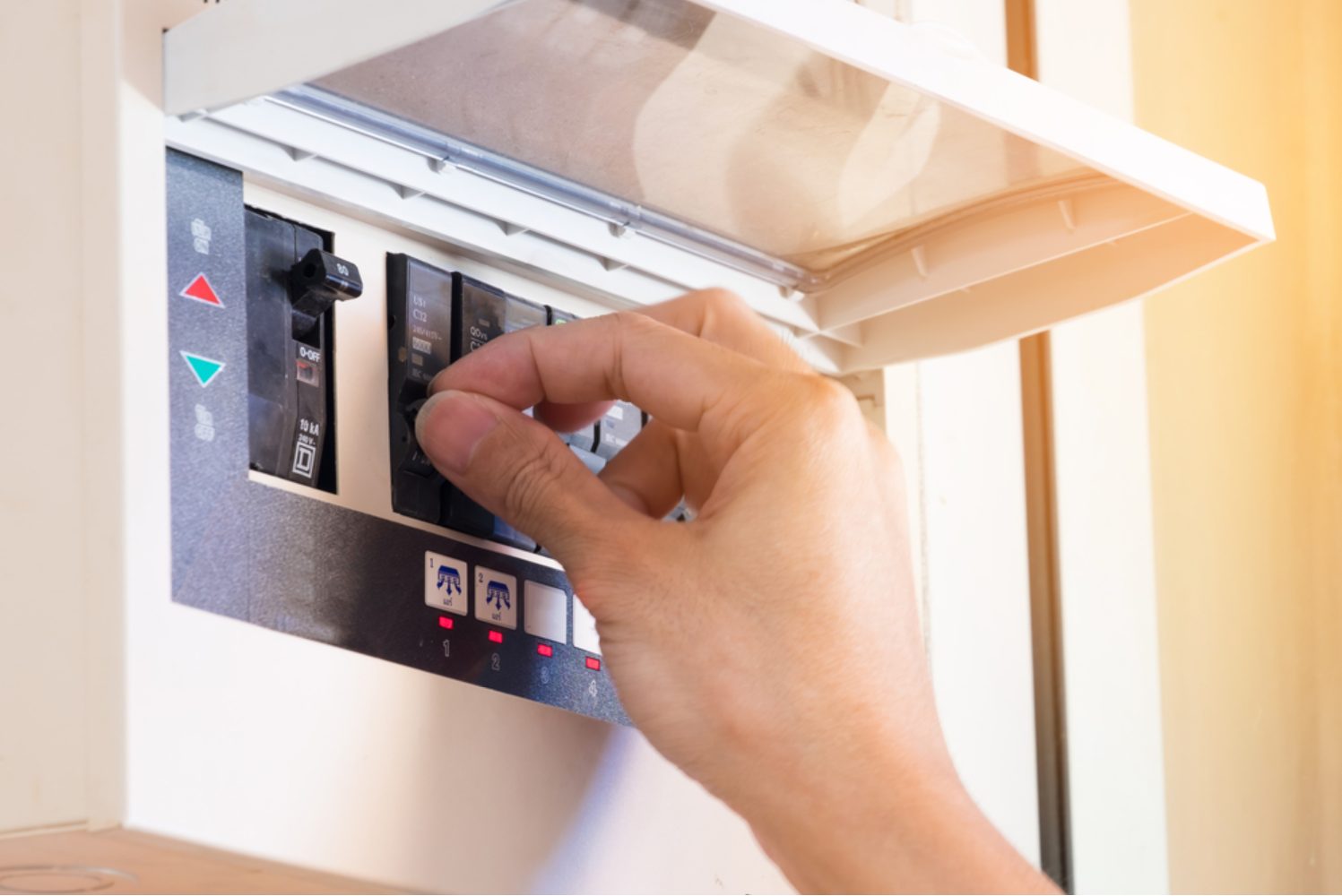
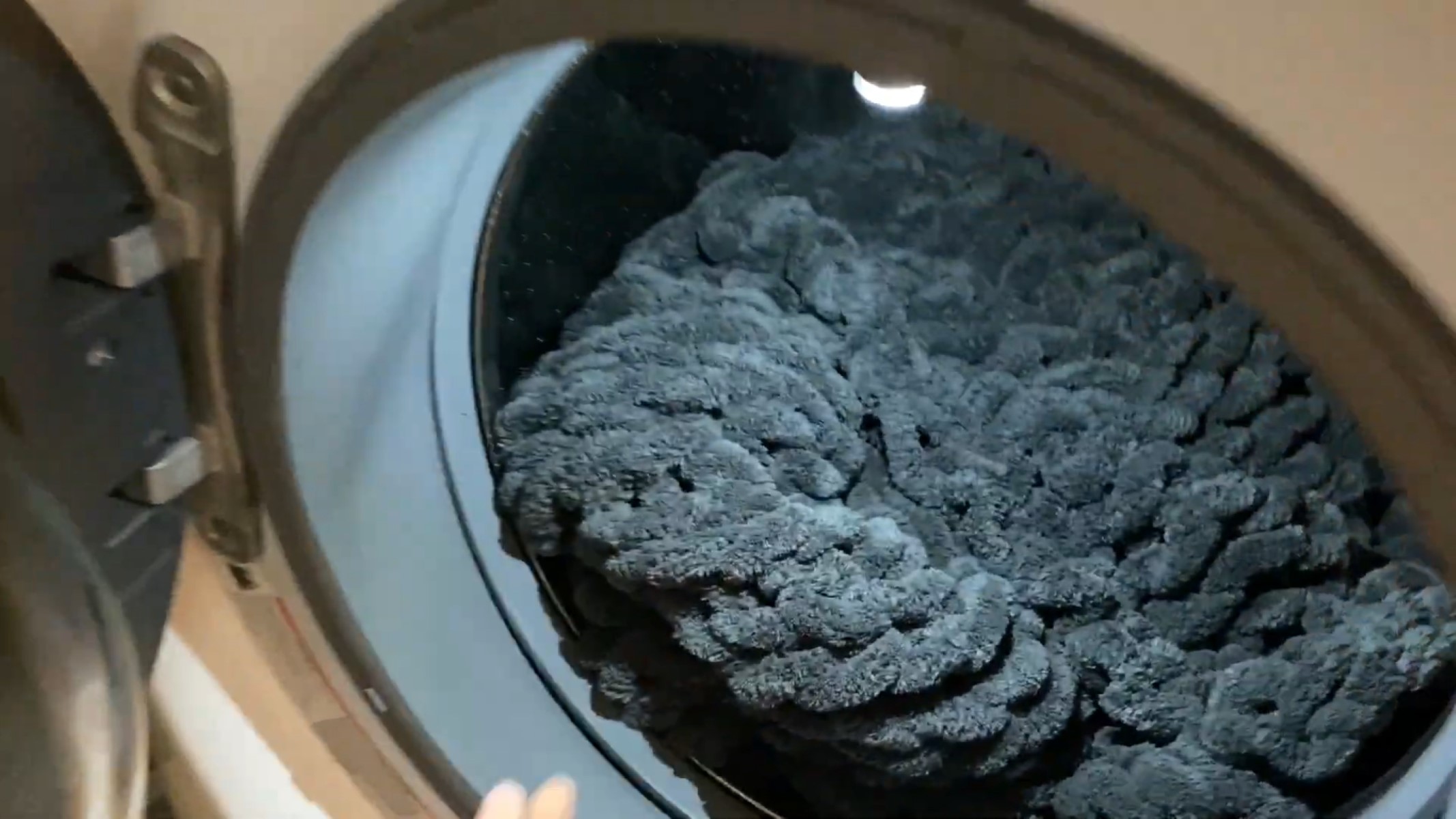

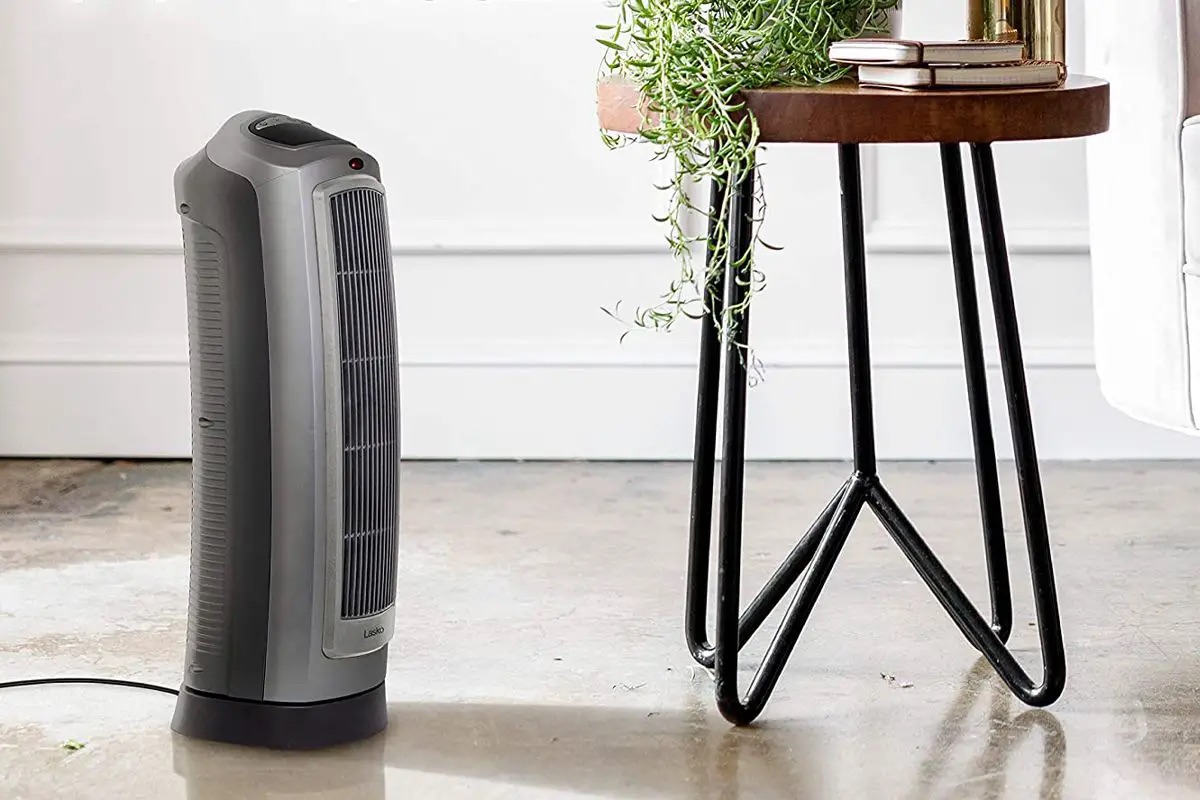


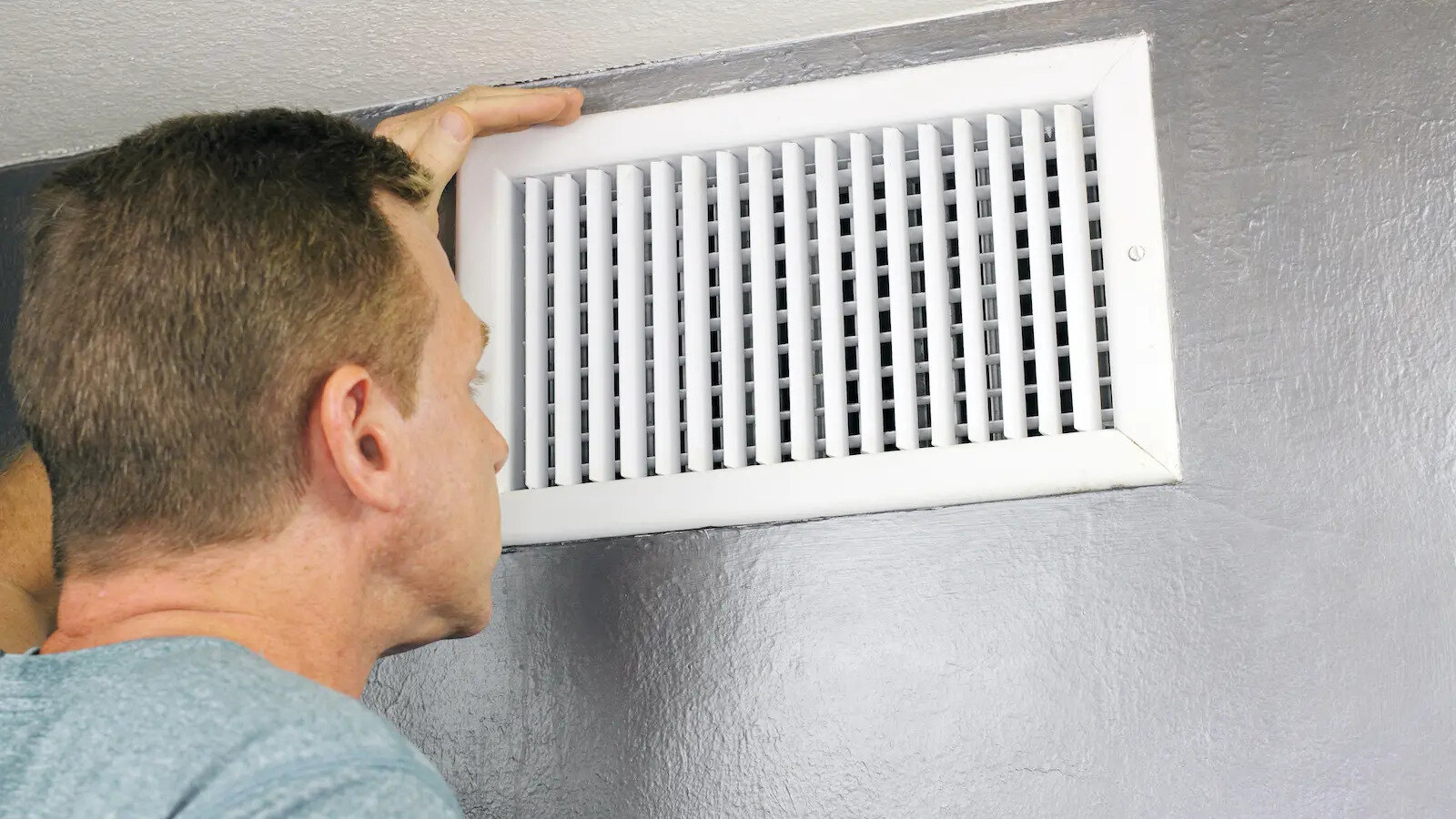
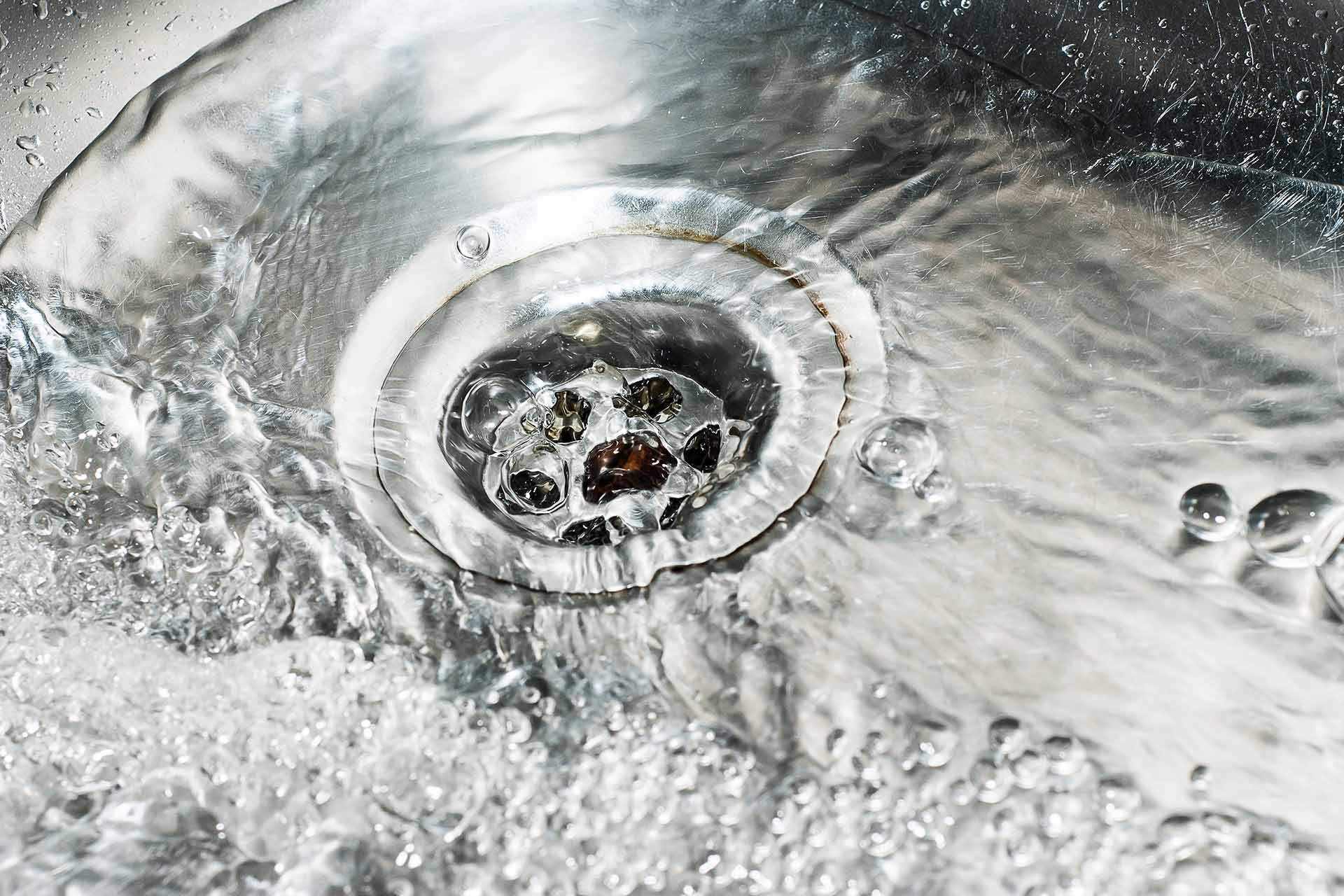
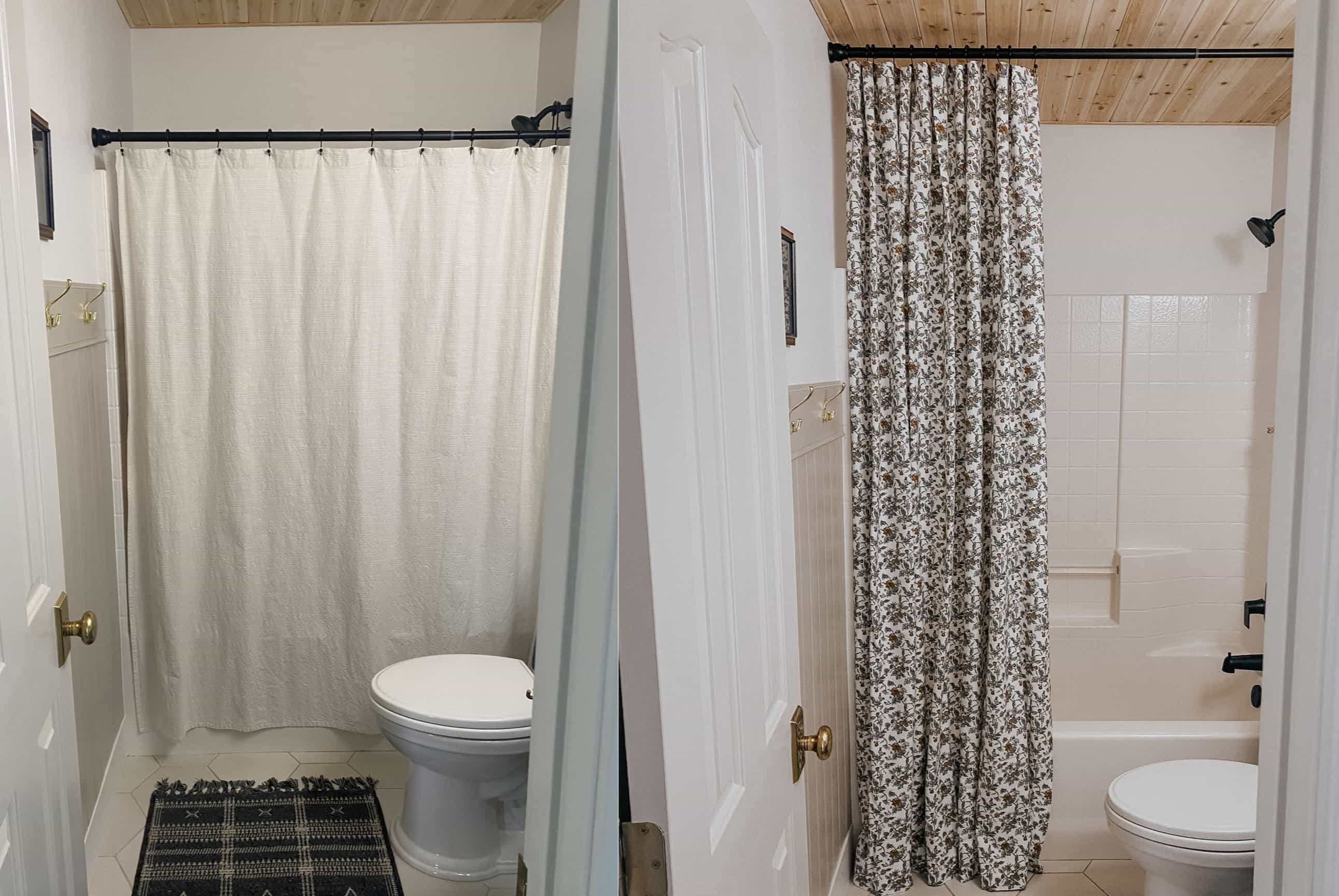


0 thoughts on “Why Does My Space Heater Smell Burnt”